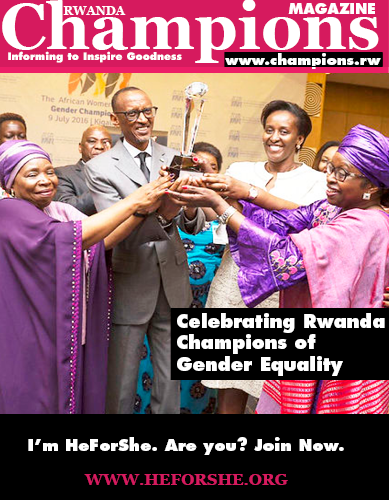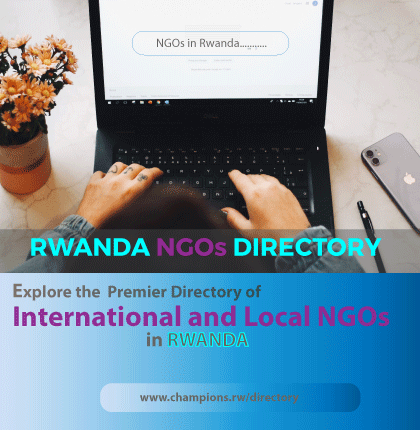Rwanda Expands Volcanoes National Park Under $300 Million Project
Rwanda has launched a $300 million initiative to expand Volcanoes National Park and protect surrounding communities (…)

Rwanda will begin paying compensation to citizens whose property was expropriated for public projects through mobile money platforms, a move officials say will speed up payments and clear long-standing arrears.
The Ministry of Local Government said the plan will allow people owed small amounts to receive their money directly through MoMo or Airtel Money, reducing delays and paperwork that have frustrated citizens for years.
Jean Claude Ingabire, director general for planning and monitoring in local government, said the system is being developed ahead of the 2025–2026 fiscal year as part of broader reforms to improve accountability and service delivery.
“We are working to introduce mobile money as a payment method,” Ingabire said in an interview. “We know this was not done before, but we want people with small balances owed to get their money directly through MoMo so that these debts do not remain pending within government.”
Most of the delayed payments are tied to projects launched before 2020. Some citizens abandoned their claims because the cost of following up exceeded the value of the compensation they were due. Others were held back by missing documents or ownership disputes.
Unpaid compensation has become one of the most persistent grievances raised during public consultations. Officials say clearing these debts will not only restore trust in local administration but also encourage citizens to take part in government programs.
Lawmakers have also pressed for action. On May 27, the Chamber of Deputies urged the Ministry of Finance and Economic Planning to prioritize the clearance of compensation arrears in the 2025–2026 national budget. The call followed a review of the draft budget and the Medium-Term Expenditure Framework, which highlighted several unresolved cases.
According to the ministry, 102 compensation files valued at 48.3 million Rwandan francs remain pending across various infrastructure projects. The Rwanda Transport Development Agency accounts for 74 of those files, worth about 18.7 million francs, related mainly to the Kagitumba–Kayonza–Rusumo road launched in 2019 and the Kibaya–Rukira–Nasho road, which has been under construction for three years.
In another case, 17 residents of Ngiryi Cell in Jabana Sector, Gasabo District, have not received payment since 2012 after their property was affected by an electricity distribution project.
Finance officials say delays are also caused by funding gaps in projects implemented jointly with development partners. In some instances, partners did not allocate money for compensation, leaving the government to find additional resources later.
The new digital payment model is part of Rwanda’s push toward e-governance. Authorities believe using mobile money will make the process faster, safer and more transparent, especially for rural citizens who may not have access to banks.
“When citizens see that government listens and responds to their concerns, it builds confidence and encourages them to participate actively in planning for their communities,” Ingabire said.
Rwanda has launched a $300 million initiative to expand Volcanoes National Park and protect surrounding communities (…)
Atlantic Microfinance for Africa (AMIFA), a subsidiary of Morocco’s Groupe Banque Centrale Populaire (Groupe BCP) (…)
Foreign investment in Rwanda has surged over the past five years, nearly tripling from $390.3 million in 2020 to (…)
Rwanda’s Parliament has approved a revised 2025/26 national budget, reducing overall spending by 80.4 billion (…)

